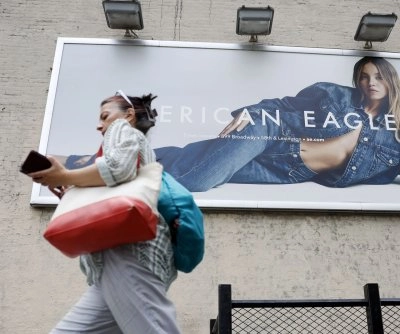Aug. 26 (UPI) -- A slight drop in consumer confidence in August negated some gains from July and continued a downward trend that began at the start of 2025, the Conference Board said Tuesday.
The Conference Board Consumer Confidence Index fell by 1.3 points in August to 97.4, down from 98.7 in July. This figure was higher than economists expected.
A jobs report released by the U.S. Bureau of Labor Statistics on Aug. 1 showed a sharp cooldown of the labor market, which contributed to the slight dip.
However, the overall inflation rate stands at 2.7%, below the 3% rate in January, before Trump took office.
Related
Some recent indicators have suggested an economic slowdown. A report on gross domestic product late last month indicated average annualized growth of 1.2% over the first half of 2025, well below 2.5% growth last year.
The Present Situation Index, which is based on consumers' assessment of current business and labor market conditions, fell by 1.6 points to 131.2. The Expectations Index, based on consumers' short-term outlook for income, business, and labor market conditions, decreased by 1.2 points to 74.8.
"Consumer confidence dipped slightly in August but remained at a level similar to those of the past three months," said Stephanie Guichard, senior economist at Global Indicators at The Conference Board, in a statement. "The present situation and the expectation components both weakened. Notably, consumers' appraisal of current job availability declined for the eighth consecutive month, but stronger views of current business conditions mitigated the retreat in the Present Situation Index. Meanwhile, pessimism about future job availability inched up and optimism about future income faded slightly. However, these were partly offset by stronger expectations for future business conditions."
Confidence fell for consumers under 35 years old, was stable for consumers aged 35 to 55, and rose for consumers over 55. The evolution of confidence by income groups was mixed, with no clear pattern emerging. By partisan affiliation, confidence weakened in August among both Republicans and Democrats but was little changed for Independents.
"Consumers' write-in responses showed that references to tariffs increased somewhat and continued to be associated with concerns about higher prices. Meanwhile, references to high prices and inflation, including food and groceries, rose again in August," Guichard added.
Among the write-in responses, there was also a rise in mentions of jobs and employment, even though these remained relatively low on the list of themes consumers are focused on. Most negative comments on the labor market referred to the current situation while positive comments conveyed hopes that things would get better.




